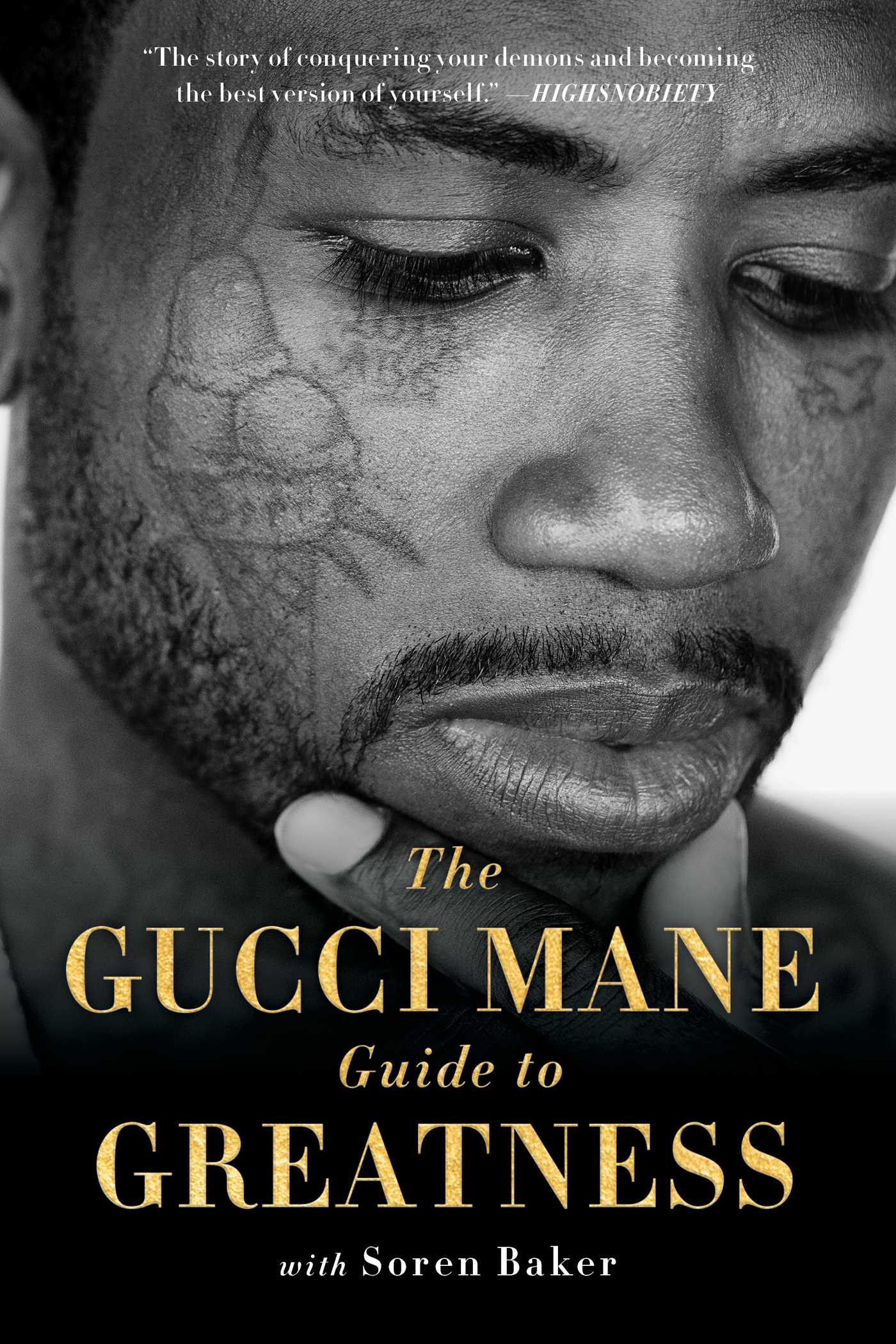

“I was just a young dude in a single parent house most of my life. When asked to describe his home life more vividly, Mane offers a look into his contemplative side, a side honed as a schoolyard poet. If you missed the bus, you had to be crewed up or you’d get jumped. It was just no holds barred on the streets, dog eat dog. I grew up in the Starter jacket era: they’d take your Starter jacket, your 8Ball jacket, they’d take your hat, your shoes. “I’m from East Atlanta Zone Six it was hard, man, it was real rough. “I lived all of my adolescent and adult life in Atlanta,” he explains. Mane’s identity coalesced when he moved with his mother to Atlanta. “Every time I go there to do a show, I’m impressed with how hip-hop culture has taken root.” “I gotta shout out Alabama though, because they holdin’ it down,” he affirms. But let’s backtrack how did the man born Radric Davis in Bessemer, Alabama, become Gucci Mane, mouthpiece for Atlanta stuntin’? Mane remembers little from his time in Alabama, just that it was rural, and that it’s changed dramatically since he left at the age of nine. Good music firmly in hand, Gucci was fast approaching stardom when more tragedy befell him. One thing you’d better have is good music because without that, you go downhill fast in the independent game.” You might win, you might lose, and it’s a gamble out there with the independent circuit. You need other avenues to have money coming in, to support your stuff. “It’s crazy! You gotta go into your own pocket to support your craft. Clamor over song rights sparked dispute, and the resulting rift grew.Ĭontroversy notwithstanding, Mane’s independence was cemented: “I was on the independent scene for about two years,” he recalls. The independent album moved an impressive 140,000 units, largely on the strength of the “Icy” single, featuring Jeezy. Signing to Big Cat Records in the wake of his local single “Black Tee,” he dropped his debut record, Trap House, in May 2005. And you’d expect nothing less from an artist who ground his way to the top via the hustle of independent records. Sounds like a man with his eyes on the prize. I just wish that a lot of things never happened, but anybody can wish,” says Gucci.
#GUCCI MANE ALBUMS SOLD TOTAL FULL#
“My own rap game is going so good, I’ve got so many things on my plate at my label, that I don’t got time for other people’s business.” With a deal with Asylum Records as the boss of his own label, So Icey Entertainment, Gucci does indeed have a full schedule with no time to dwell on the past. “I wish everybody well who’s making money in this rap game,” the Atlanta-raised rapper says, dismissing the controversy that followed him in the past. Gucci is looking to wrest his name from public speculation and let his own words do the talking.

Controversy, including a feud with former collaborator Young Jeezy, has grabbed the headlines, with insufficient regard paid to his considerable mic skills, raw talent, and business acumen. Gucci Mane is an artist striving for that balance, volatility versus musicality. Successful hip-hop is about the hint of the danger, the tease of it, the mystique. Fans demand their MCs be real…but never too real.

In hip-hop’s case, there’s always been a deliberate entanglement of perception and reality. He was released in May 2010 and will now release his seventh studio album, The Appeal: Georgia’s Most Wanted, sometime at the end of 2010. His sixth studio album, The State vs Radric Davis, was released in December 2009, just weeks after he was sent back to prison for 12 months for violating his probation.

He has since released a further three albums including 2006’s Hard To Kill, 2007’s Trap-A-Thon and 2007’s Back To The Trap House. In 2005 he released his independent debut album, Trap House, which featured the successful single “Icy” that he recorded with Young Jeezy. Radric Davis (born Februin Birmingham, Alabama), better known by his stage name Gucci Mane, is an American rapper and CEO of 1017 Brick Squad Records.


 0 kommentar(er)
0 kommentar(er)
